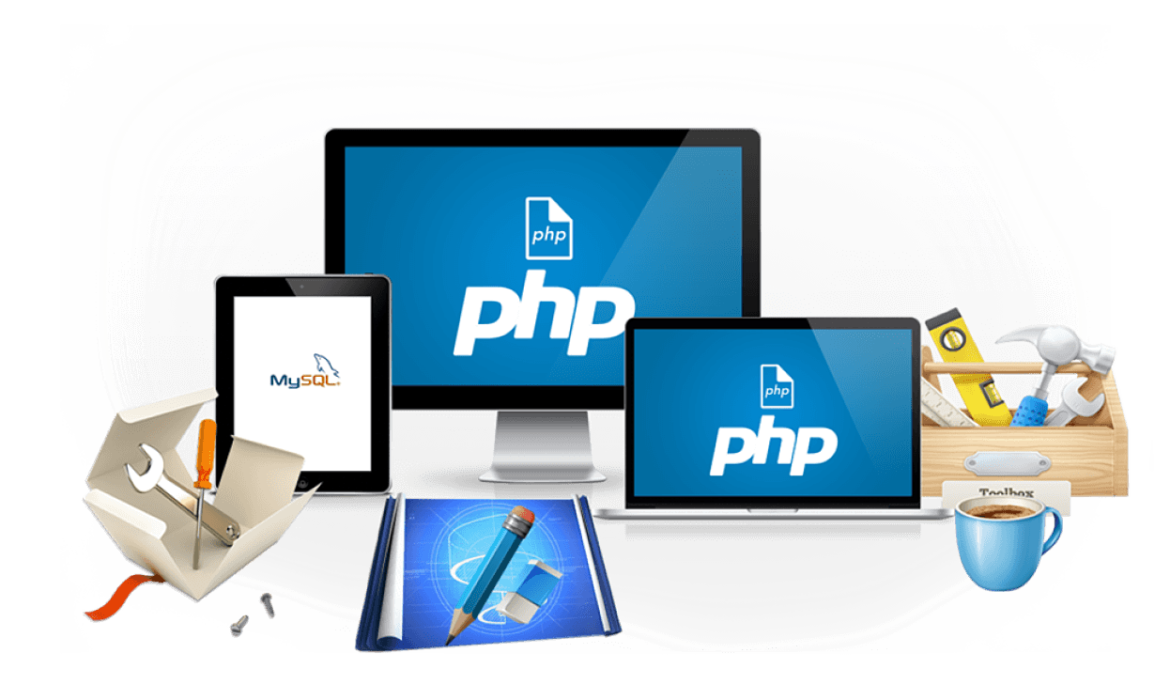Choosing the Right Programming Languages for Web Development: A Comprehensive Guide
Introduction
The realm of web development is a vibrant tapestry woven from a multitude of programming languages, each with its unique strengths and characteristics. Selecting the right languages for your web development projects is crucial for ensuring efficiency, maintainability, and scalability. This guide delves into the factors to consider when making these critical choices.
Front-End vs. Back-End Development: Language Considerations
Front-End Development: Focuses on the user-facing aspects of a website, primarily utilizing languages like:
HTML: The foundation of web pages, defining content and structure.
CSS: Controls the visual presentation, including colors, fonts, and layouts.
JavaScript: Adds interactivity, animations, and dynamic behavior.
Back-End Development: Handles server-side logic and functionality, commonly employing languages like:
Python: Versatile and beginner-friendly, with frameworks like Django and Flask.
Java: Robust and scalable, popular for enterprise applications.
PHP: Widely used for dynamic websites and content management systems (CMS).
JavaScript: Node.js enables back-end development using JavaScript.
Full-Stack Development: Encompasses both front-end and back-end expertise, often utilizing languages like:
JavaScript: Frameworks like React, Angular, and Vue.js provide a unified front-end and back-end approach.
Python: Django and Flask offer full-stack capabilities.
Factors Influencing Programming Language Choice
Project Requirements: Consider the project’s nature, complexity, and performance demands.
Developer Skills and Experience: Choose languages that align with your existing skills and comfort level.
Language Popularity and Community Support: Popular languages often have extensive documentation, libraries, and community support.
Learning Resources: Ensure the availability of learning resources, tutorials, and online courses for the chosen languages.
Popular Programming Languages for Web Development
Front-End Languages
HTML: Essential for all web development projects.
CSS: Versatility and widespread adoption make it a must-have.
JavaScript: Interactive web experiences and dynamic user interfaces.
Back-End Languages
Python: Beginner-friendly, versatile, and widely used.
Java: Robust, scalable, and popular for enterprise applications.
PHP: Mature language, ideal for dynamic websites and CMS.
JavaScript: Node.js enables back-end development using JavaScript.
Full-Stack Languages
JavaScript: Frameworks like React, Angular, and Vue.js offer a unified approach.
Python: Django and Flask provide full-stack capabilities.
Conclusión
Choosing the right programming languages for web development is an informed decision that considers project requirements, developer skills, language popularity, and available resources. By carefully evaluating these factors, you can select the languages that empower you to build high-quality, performant, and maintainable web applications. Remember, the web development landscape is constantly evolving, so stay updated on emerging languages and technologies to enhance your skillset and expand your development horizons.
Call to Action:
Ready to embark on your web development journey with the right programming languages?
Our team of experienced web developers can guide you through the language selection process, taking into account your project’s specific needs and your personal preferences. We’ll help you assess your skillset, identify suitable languages, and provide personalized learning recommendations to ensure you have the right tools to succeed in the ever-evolving world of web development. Contact us today to unlock your web development potential!






